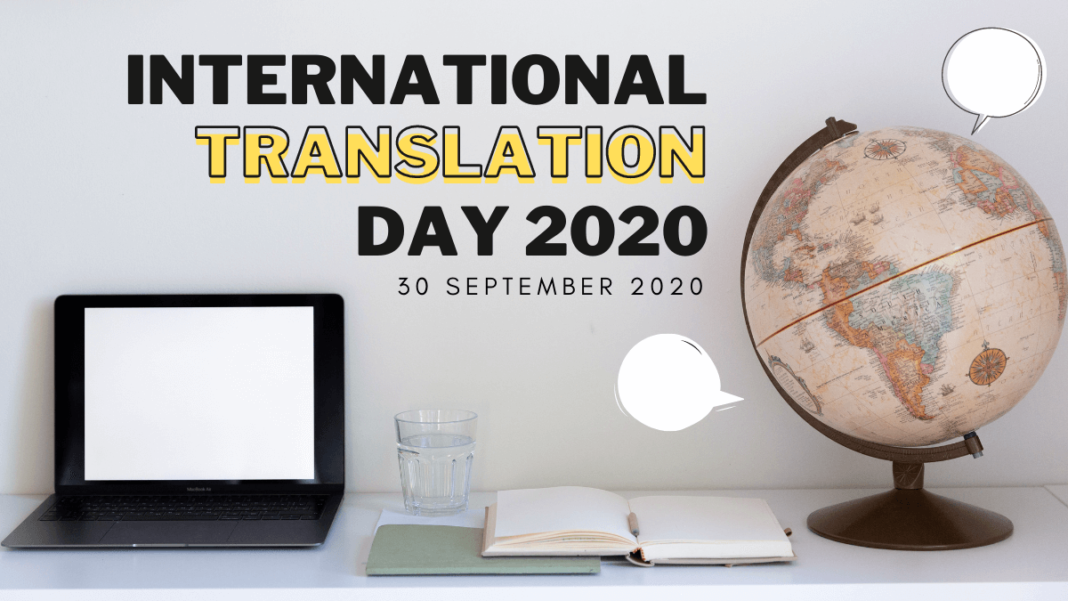Prompted by the International Federation of Translators (FIT), the first International Day of Translation was set up in 1953. More recently, in 2017, the United Nations General Assembly passed a resolution to officially commemorate the 30 September as International Translation Day. The International Translation Day pays tribute to translators, terminologists, and interpreters’ work in ensuring positive international communication, understanding, and cooperation, eliminating misunderstandings and promoting intercultural learning.

The theme of this year’s International Translation Day is: ‘Finding the words for a world in crisis.’ During 2020’s Covid-19 pandemic, translators, terminologists, and interpreters have worked tirelessly to ensure that the correct information reaches its destination – be it by translating essential documents and reports, interpreting between doctors and patients, producing medical glossaries, or through sign language interpreting during televised government briefings.
 In 2018, the American Translators Association (ATA), put together a series of infographics to clarify some common misconceptions about the translation and interpreting professions. You can check them out here – you can also share them on social media to help combat misunderstandings.
In 2018, the American Translators Association (ATA), put together a series of infographics to clarify some common misconceptions about the translation and interpreting professions. You can check them out here – you can also share them on social media to help combat misunderstandings.
The 30 September is a symbolic date: it is the feast day of St. Jerome, patron saint of translators, who died on this day in the year 420. St. Jerome was a priest from the Roman province of Dalmatia, known for his translation of the Bible from Greek into Latin. His translation would later become known as the Vulgate (or Vulgata), the officially promulgated version of the Bible by the Catholic Church until 1979.
How to celebrate?
If you are a person interested in languages and language learning, you could celebrate by starting to learn a new language or brushing up on existing language skills. It is never too late (or too early!) to start learning a new language. Sharing your experience with others can help encourage even more people to start learning languages.
If you’re interested in becoming a translator or terminologist, you can have a look here, where we gathered information about relevant university courses all over Europe.
Not sure where a career as language professional might lead you? You might want to check out our ‘Where could I work?’ page.


